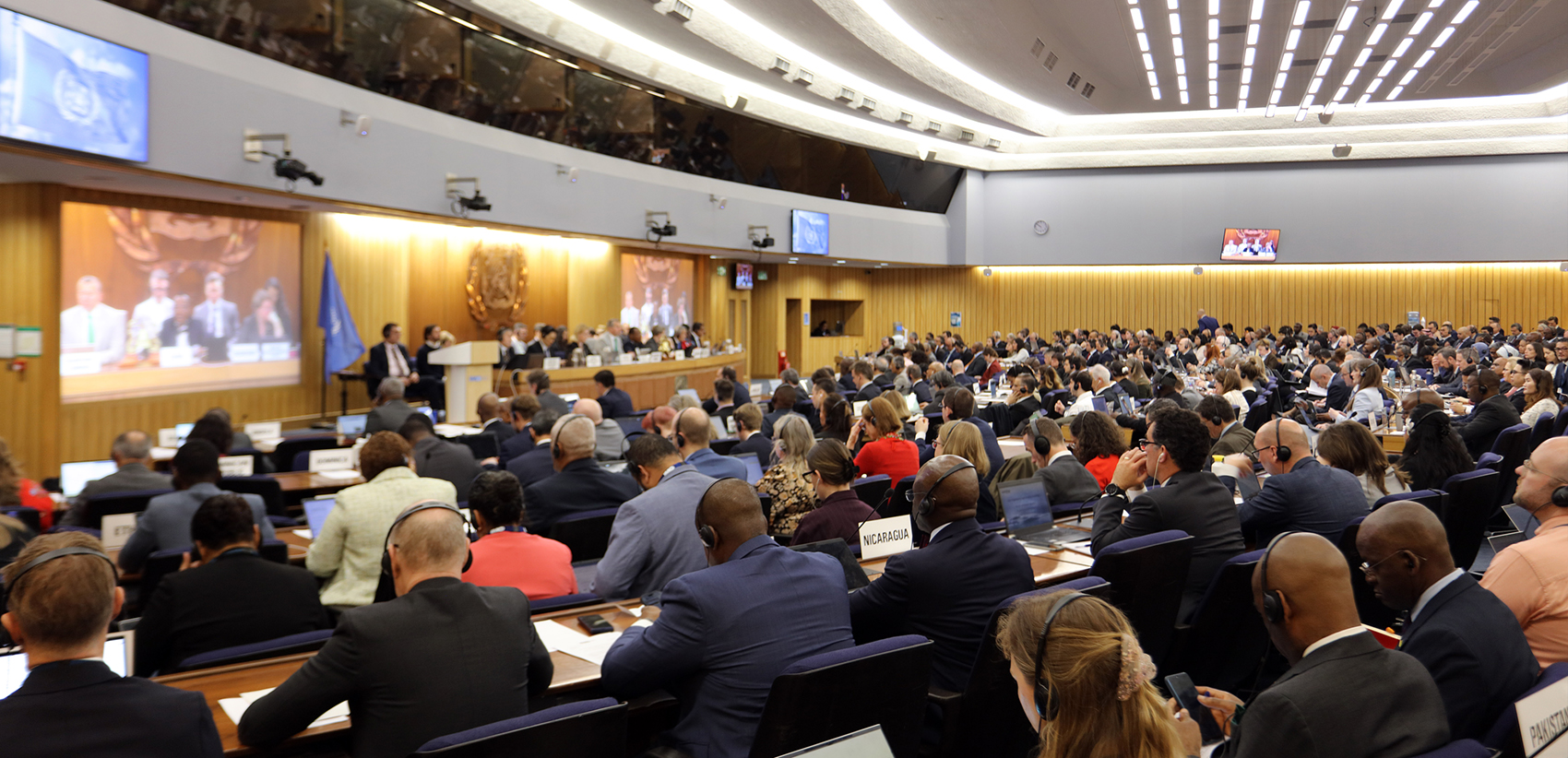The Trump administration confirms its opposition to the decarbonization path defined in April and is venting reactions against the countries
US has formally rejected the International Maritime Organization’s (IMO) carbon tax proposal, calling it a “global carbon tax on Americans” and vowing to mobilize opposition ahead of a key vote in October.
In a joint statement, Secretary of State Marco Rubio, Commerce Secretary Howard Lutnick, Energy Secretary Chris Wright, and Transportation Secretary Sean Duffy said President Donald Trump will not agree to “any international environmental agreement that unduly or unfairly burdens the United States or harms the interests of the American people.”
The proposed net-zero framework, agreed in principle by a majority of IMO member states in April, aims to reduce greenhouse gas emissions from the shipping sector by introducing fuel standards and taxes for ships that fail to meet stringent targets. Supporters say the measures are crucial to achieving the IMO’s 2050 climate goals Circular Letter No.5005 – Draft Revised Marpol Annex Vi (Secretariat)but the US delegation argued that the rules would disproportionately benefit China and penalize fuels in which the US industry is a leader, such as LNG and biofuels.

“These fuel standards would benefit China by requiring the use of expensive and globally unavailable fuels,” the joint statement reads. “Even small vessels would incur millions of dollars in costs, resulting in direct increases in costs for American consumers.”
The administration warned that it “would not hesitate to retaliate or explore solutions” if the IMO adopted the measure. No details were provided on the form of such retaliation. This position is consistent with the April session of the IMO’s Marine Environment Protection Committee (MEPC), during which US negotiators walked out of the talks. In the April vote, 63 member states, including China, Brazil, and EU nations, supported the framework, while 16 opposed it.
The agreement
 The agreement establishes a fuel standard, a mandate on the greenhouse gas intensity of the energy used, coupled with a pricing and trading mechanism. Ships that do not reduce their greenhouse gas emissions—including carbon dioxide, methane, and nitrous oxide—in line with two reduction trajectories outlined in the new regulations, yet to be promulgated at the next MEPC in October, are considered to be in an emission’s deficit.
The agreement establishes a fuel standard, a mandate on the greenhouse gas intensity of the energy used, coupled with a pricing and trading mechanism. Ships that do not reduce their greenhouse gas emissions—including carbon dioxide, methane, and nitrous oxide—in line with two reduction trajectories outlined in the new regulations, yet to be promulgated at the next MEPC in October, are considered to be in an emission’s deficit.
The October decision
The October decision will require a two-thirds majority (108 of the 176 IMO members who have ratified the relevant convention) if consensus cannot be reached. The IMO rarely resorts to votes, but as positions harden, a formal vote appears increasingly likely.
Environmental NGOs
Environmental NGOs have condemned the United States’ position, warning that further delays in regulating marine fuel emissions risk jeopardizing the industry’s ability to meet climate goals.
Related : ECSA welcome important agreement on shipping decarbonisation




